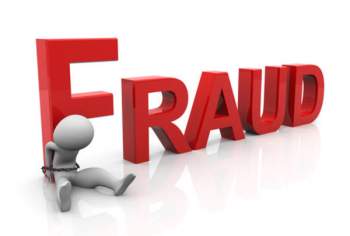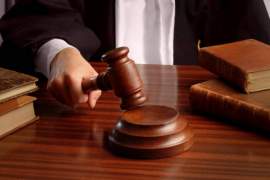
Fraudulent Concealment of Evidence

Popular In Malpractice
Malpractice Attorney Contributory Negligence Malpractice Law Overview Statute Of Limitations Standard Of Care Medical Malpractice Defense Good Samaritan Acts Fraudulent Concealment Of Evidence Punitive Damages Proving Negligence Medical Malpractice Overview Express Implied Contracts From A Physician
There are many steps to a court case that need to be met and followed in order for the process to proceed legally. One of the earliest steps after a suit is filed is referred to as discovery. In discovery both parties, no matter what type of case, share all relevant information pertaining to the case at hand. This involves handing over documents, depending on what type of case this case be thousands of pages of documents. Both parties are obligated under the legal statues of the United States to share all pertinent information in the case; this is a key distinction that the courts make.
If one side does not share all the evidence their side has they in turn as a lawyer commit legal malpractice. Fraudulent concealment of evidence is legal malpractice in itself, and it also shows negligence on the part of the attorney another form of legal malpractice. On top of that it is also criminal to conceal evidence as the courts deem it as a fraud. In basic it is one of the worst moves an attorney can do outside of blatantly misrepresenting their client’s interests.
Fraudulent concealment of evidence can occur though and never be document. One point that is made within the laws is that the plaintiffs need to point out to the court what the defendant has committed. Without the plaintiffs pointing out the concealed evidence then the courts would not be aware that legal malpractice occurred unless someone on the side of the defendant leaked the information. While court cases are divided into two parties against each other all lawyers have duty to respect the court of law. While they have to represent their client to the best of their ability concealing evidence is still a fraud against the court even if it may be in their client’s best interest.
It is legal malpractice and the lawyer if proven guilty in a legal malpractice case would be disbarred and probably receive some jail time. Lawyer need to balance their client’s best interests with the rules of the court at many times. That is why some of the best lawyers can take the most damaging evidence about their client, and pertinent to the case, share it through discovery but utterly minimize the damage.
However, the exception, and a fine one, all rest in the word pertinent. A client can have some damaging material on him but if it is in no way related to the case then it does not need to be shared through discovery as evidence. This would then not constitute a form of legal malpractice.
Legal malpractice can manifest itself in many forms. One of the more serious forms of legal malpractice is the fraudulent concealment of evidence. During the process of discovery a lawyer intentionally withholds some form of evidence that would be considered to the case if it were to proceed in a fair manner. Serious penalties can be levied on a lawyer if he or she is found guilty of fraudulent concealment of evidence.
NEXT: Good Samaritan Acts




















